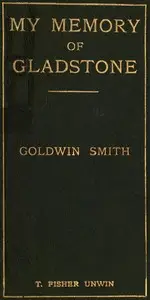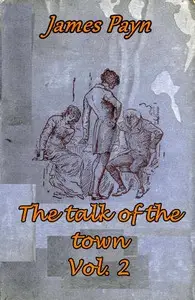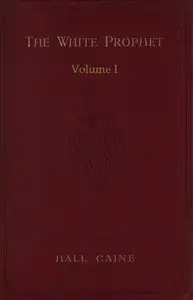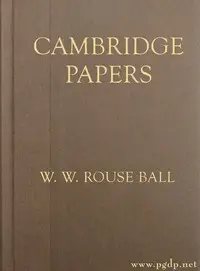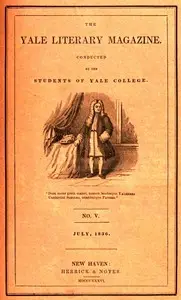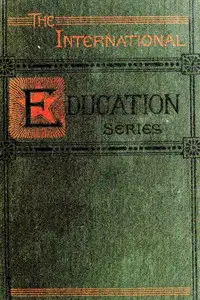"Oxford and Her Colleges: A View from the Radcliffe Library" by Goldwin Smith is a historical account written in the late 19th century. This work focuses on the rich history and legacy of the University of Oxford and its colleges, reflecting an American perspective that seeks to connect the institution with a broader global audience, particularly American students interested in studying abroad. The book emphasizes the architectural beauty, historical significance, and the evolution of educational structures within Oxford. The opening of the book sets the scene from the Radcliffe Library, where the author describes the picturesque view of Oxford, framed by its gardens and groves. Smith shares his delight in guiding an American friend through the historical university, elaborating on the vibrant mix of medieval and modern architecture, while highlighting the charm and antiquity of the colleges. He introduces the reader to the central governance of the University, including its Chancellor and Vice-Chancellor, and discusses the unique structure of the collegiate system, which serves both as a community of learning and a distinctive form of social organization. This early portion sets a foundation for exploring Oxford's profound influence on education and scholarship throughout history. (This is an automatically generated summary.)

Oxford and Her Colleges: A View from the Radcliffe Library
By Goldwin Smith
"Oxford and Her Colleges: A View from the Radcliffe Library" by Goldwin Smith is a historical account written in the late 19th century. This work focu...
Goldwin Smith was a British-born academic and historian who was active in both Great Britain and North America. From 1856 to 1866, he was a professor of modern history at the University of Oxford. Smith taught at Cornell University from 1868 to 1872, and was instrumental in establishing the university's international reputation, but left when it began admitting female students. He is the namesake of Goldwin Smith Hall at Cornell University, and was outspoken regarding his often controversial political views. Smith was a supporter of the Union during the American Civil War and a critic of imperialism. He was also opposed to the Irish Home Rule movement and women's suffrage, along with holding Anglo-Saxonist and antisemitic views.






